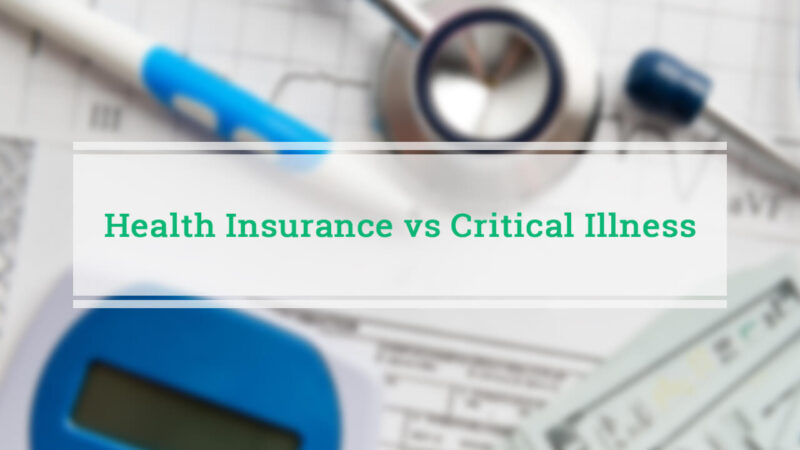Short-term memory loss can happen to anyone for various reasons. It is a condition where a person cannot remember things that happened a few minutes or hours ago, but they can recall older memories. If you are very old, short-term memory loss is not a big issue. But, if you are young and healthy and suddenly you have problems remembering things that happened recently, it can be a sign of a serious problem.
Understanding short-term memory loss, it causes, symptoms, treatment and prevention can help you deal with the problem more effectively. You can order medicine online using Pharmeasy coupons with discounted prices.
Here is everything you need to know about losing memory:
What is Short-Term Memory Loss
As you know short-term memory loss is a situation where a person is unable to remember things that happened recently. Short-term memory is also called as the primary or active memory. Recent events like images, sounds are stored in the short-term memory. The time range for such memory can be somewhere between 20 seconds to many days.
Compared to the long-term memory, the short-term memory is harder to recall because they have not been recalled for long. It takes several recalls to make a memory etched in the mind. As newer memories come, the older ones will be replaced unless they are recalled several times.
The Causes of Short-term Memory Loss
There are many causes of short-term memory loss. Some are medical and some are unexplainable. Every case is different and so are the causes.
Here are some of the causes for short-term memory loss:
- Aging is one of the major reasons behind short term memory loss
- Memory loss related diseases like dementia, Alzheimer’s disease or Lewy body dementia
- Brain related issues like brain tumors, blood clots or bleeding in the brain
- Injuries can cause concussions in the brain which can lead to short term memory loss
- Infection in the brain can also be a reason
- Depression, stress and anxiety are mental health issues that can cause memory loss.
- Diseases like Parkinson’s disease or Huntington’s disease that damage the brain tissues
- Lack of vitamins and minerals like B-12, in the body
- Insomnia can also cause short-term memory loss
- Certain medications and antiseizure drugs can cause short term memory loss
- Post-traumatic stress disorder (PTSD) is another potential reason
The Symptoms of Short-term Memory Loss
There are various symptoms of memory loss that can clearly indicate that a person is suffering from it. Short-term memory loss includes forgetting things that happened recently, which can lead to the following symptoms:
- Repeatedly asking the same questions over and over again
- Unable to recall events that occurred recently
- Forgetting where they have placed things
- Forget things that they have seen, heard or read recently
- Blackout moment when people forget everything that happened a few minutes ago
These are some of the clear signs of short-term memory loss.
Treatment for Short-term Memory Loss
Can short-term memory loss can be treated? In some cases, yes it can be treated with medication or surgery or other alternative methods. The treatments of memory loss entirely depend on the case. Here are some of the possible treatment for memory loss:
- If the memory loss happens due to blood clot then it can be treated with medication that treat clots
- Brain surgery, chemotherapy, or radiation for brain tumors can also help in treating the condition
- Cognitive therapy is effective in treating the condition if it happened due to head injury
- Using medication and therapy for treating mental health condition
- Taking nutritional supplements
- In case of substance abuse, going to the rehab or joining a support group
- Some short-term memory loss conditions are uncurable like dementia, which can happen due to Parkinson’s disease, Huntington’s disease, and Alzheimer’s disease.
Prevention of Short-Term Memory Loss
You can prevent short-term memory loss or at least address it to see quick results. Some short-term memory losses are not so serious.
Here are some of the best ways you can prevent short-term memory loss:
- Physical activities can help you improve your memory. Getting some physical exercises can boost blood in the body and the brain, which can help in keeping them active.
- Keep your brain active with activities like playing video games, cross-word puzzles, bridge and other similar games.
- Socializing can also help in keeping your brain active. It can also help fight loneliness, stress, and depression. Regularly meeting with friends and family can help you have a healthy body and mind. You can apply for Doctor Jobs to know about this field.
- Getting organized can help you stay alert and remember things well. A cluttered home or desk can have bad effect on your memory. Stay organized so that you can remember things easily.
The Bottom-Line
These are some of the important things you need to know about short-term memory loss so that you understand it better.




